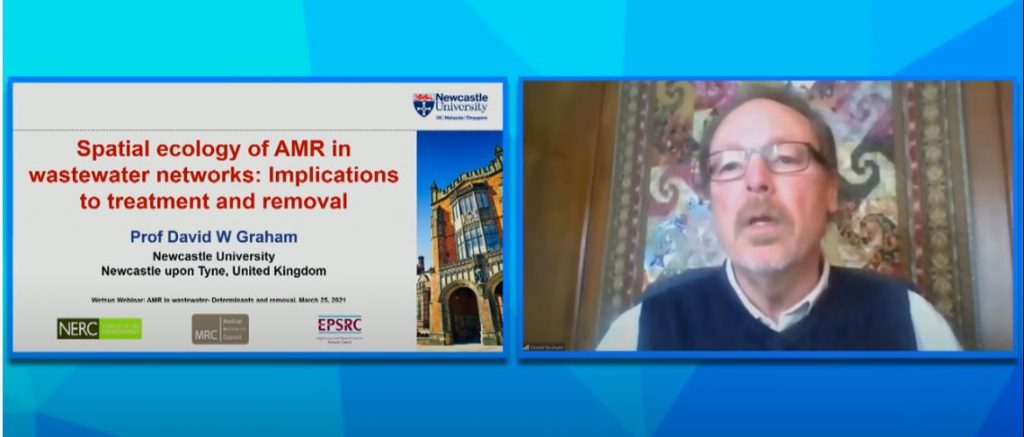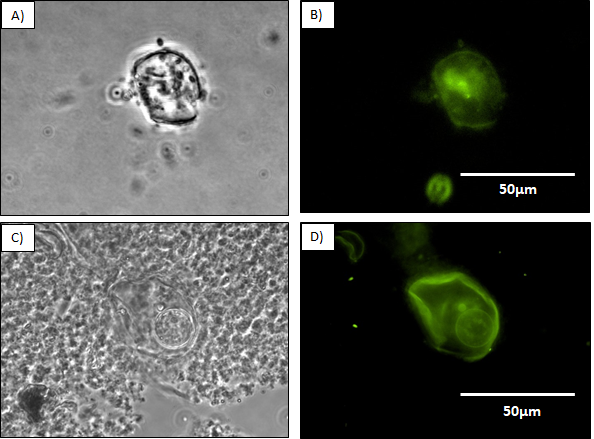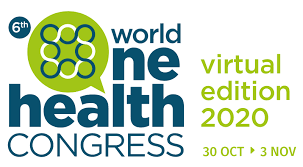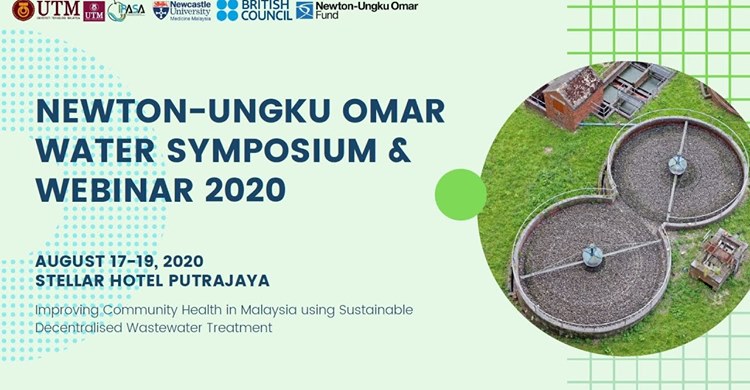Read the interview that David Graham gave Health Europa on the vital role of sanitation in reducing the spread of antimicrobial resistance by click here. Questions covered include:
- How does a lack of access to clean water and sanitation increase the spread of AMR?
- Can you explain how wastewater has been used as a tool to guide healthcare decisions during the pandemic?
- What are the key challenges facing the healthcare sector in preventing the spread of AMR infection?
- You and your colleagues have successfully trialled two new qPCR assays to detect transmissible AMR. Can you outline your DNA-based testing method and explain the benefits of this?
- What steps should be taken at a policy level to avoid the worst-case scenario of 10 million annual deaths by 2050?





